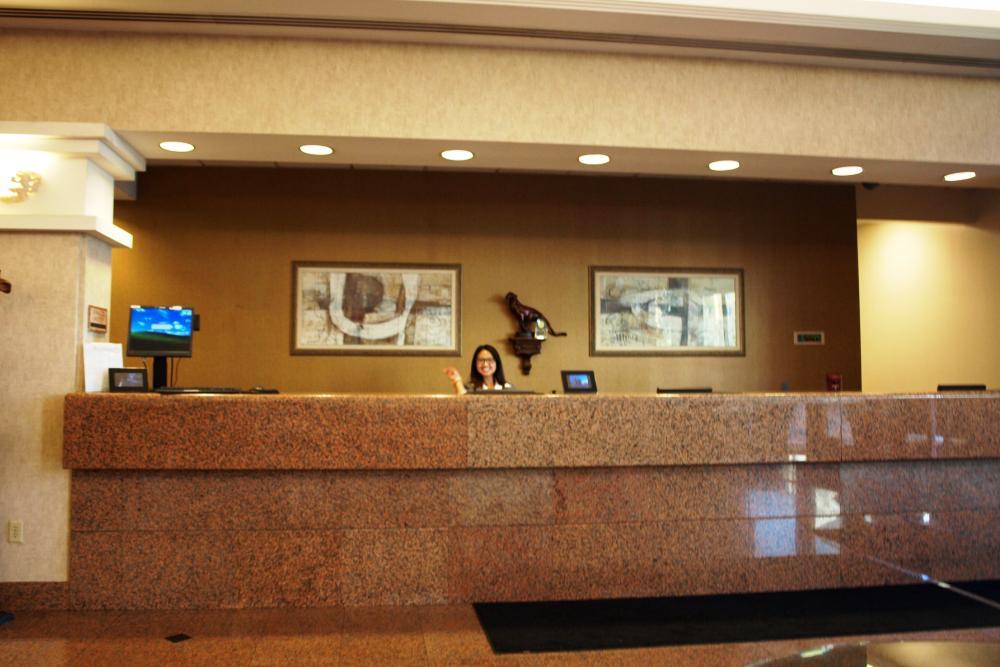Due to the COVID-19 pandemic, the hotel industry has seen astronomical decreases in occupancy and revenue. According to the American Hotel and Lodging Association, 70 percent of hotel employees have been laid off or furloughed and 80 percent of hotel rooms across the country remain empty.
“As the COVID-19 crisis progresses, the impact to the travel industry is nine times worse than 9/11, with forecasted occupancy rates for 2020 hitting record lows–worse than rates in 1933 during the Great Depression,” the AHLA reported.
Girish Patel, co-founder and principal of NewGen Worldwide, recently completed two webinars to educate hotel owners on their current financial state regarding commercial mortgage-backed securities loans.
NewGen invests in commercial real estate and provides targeted capital and advisory solutions for clients and partners, owns hotel assets and has hotels with CMBS loans.
“Ultimately, we see that there’s a large gap in knowledge between the parties involved in a CMBS loan (borrowers, bondholders, and servicers),” Patel said via email.
“We hope to bridge the gap and help facilitate a solution that better fits the impacts of COVID-19…this cannot be ‘business-as-usual,’ ” Patel said.
In one of his webinars, Patel revealed that a survey of CMBS hotel borrowers in 29 states show challenges across the country. Of those surveyed, 188 had discussions with special services and "86 percent are still trying to work toward a solution."
Patel in an email outlined a three-step plan when asked about how he sees the best way moving forward with CMBS loans and the hotel industry.
“First, an agreement by servicers that they won’t take default actions right away…let’s spend some time to figure this out first. Borrowers are running scared right now and fear the worst,” said Patel.
“Second, a real sit-down between a handful of servicers, borrowers, and government leaders to craft a solution (that’s cost effective) that works accepting the reality of COVID-19 on the lodging industry,” he said.
“Third, the federal government will have to craft a reasonable industry funding program that accounts for debt payments to protect bondholders, and additional working capital to help carry hotels that will struggle until a vaccine is created,” Patel said.
Convention hotels, airport hotels and destination hotels that depend on air travel, according to Patel, will take longer to recover than transient hotels. In addition, there will be new costs for businesses including sanitizing programs, social distancing, breakfast room modifications, equipment changes and technology upgrades.
Many hotel owners across the nation support Fairness in Lending standards that offer leniency when it comes to borrowing funds or receiving relief from current loans.
The FIL is the “first program that spells out a clear ‘ask” that has benefits to all the stake-holders (bondholders, borrowers, servicers),” said Patel. He indicated that this is the most difficult challenge — “aligning the hotel owner community to come with with a standardized request that can address the needs for everyone.”
“Someone has to propose something at a macro-level between the stakeholders. We simply cannot expect the government to craft a solution that works for everyone’s needs and roll it out in a timely and effective way,” Patel said.

